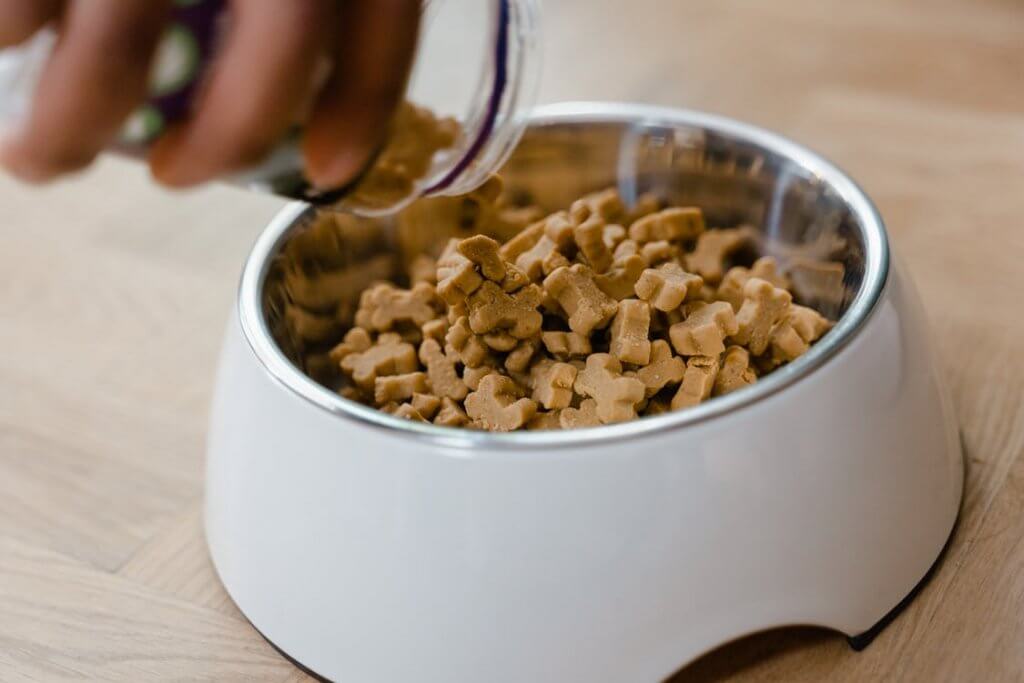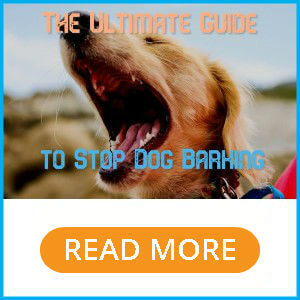
Dogs, like humans, have variations in their food preferences. Some dogs may love certain types of food, while others may hate the same foods.
The key is to find out what your dog likes and needs for it to stay healthy and happy. Looking for the right food for your pup may be a hectic task of trial and error, with a lot of money thrown down the drain.
It does not help with all the food dog advertisements on social media. Here are things to consider when determining the right food for your pooch pet.
Factors to Consider When Choosing the Right Food for Your Dog
When shopping for dog food, there are many factors to consider to ensure you cater for its every stage while guaranteeing their health. Did you know that there is dog food that helps with shedding? So, consider the function of the food too.
1. Dog Size
You could easily find the right food for your dog based on size. Smaller dogs have faster food metabolism than medium-sized and larger-sized dogs. Due to this, smaller dogs require food with more fat than other dogs to help them gain a healthy weight. Larger dogs may not need as much fat since they may become overweight and develop health complications.
2. Dog Breed
Dog breed food requirements work similarly to dog size needs. A breed like a bulldog will require less calorie intake compared to a dog breed such as a border collie, which is much more active. Likewise, a pug and Maltese dog breeds require less calorie intake compared to a golden retriever or a Siberian husky, which are very active.
3. Allergies
Dog allergies are characterized by sensitive skin that leads to unusual shedding of fur, skin and ear infections, diarrhea, and rashes. Other dogs experience thin fur coats that may be itchy and inflamed. Dog owners need to be on the lookout for such sensitivities.
If you are unsure which food types trigger your pup’s allergy, try a twenty-one-day feeding plan for your dog. Create this plan with the help of your vet and check for constant dog reactions.
Also, include anti-inflammatory and antioxidant foods to combat inflammation.
4. Level of Activity
Dogs with a higher activity level require more energy-giving foods as part of their diet. Dogs like golden retrievers that like running need more carbohydrates in their diets to give them more energy. Less active dogs like bulldogs do not require as many carbohydrate levels as golden retrievers.
5. Dog Age
Dogs’ age contributes immensely to their dietary demands.
Puppies are more active, and they require food higher in calorie levels. They also need more protein than adult dogs to stimulate physical and cognitive development and strengthen their immune system.
Adult dogs need high-calorie foods only in small quantities. The aim is to maintain a good weight as obese dogs are more likely to suffer from heart-related diseases and diabetes. Adult dogs, however, need foods rich in amino acids, vitamins, and minerals. Couple these with some fun activities for exercise, and your dog is good to go.
Senior dogs are the most challenging to take care of regarding their nutritional needs. Due to their age, of course, and limitations of arthritis and bowel impediment, they require foods very high in fiber and proteins. At the same time, make sure to limit their calorie consumption. As senior dogs also suffer from teeth problems, it is advisable to feed them wet foods since they are easier to eat.
6. Your Dog’s Favorite Food
It is easy to identify food that your dog loves and doesn’t. Many dog owners often use their pooch’s favorite foods as a treat. Some foods are not, however, as nutritious and should be fed to your dog once in a while. A typical dog favorite is peanut butter which can be mixed with other foods to boost your puppy’s appetite.
7. Nutrient Composition
Dogs need a balanced diet. A good diet comprises fatty and amino acids predominantly found in meat, proteins, fats, and vitamins.
- Amino Acids
These are essential to dogs and need a total of 22 amino acids. And they comprise of
-
- Valine Leucine
- Isoleucine
- Arginine
- Histidine
- Lysine
- Methionine
- Phenylalanine
- Melanin
- Tryptophan
- Threonine.
You must feed your dog foods rich in these amino acids.
- Proteins
Protein-rich foods comprise good quality chicken, beef, or salmon meat.
Protein helps enhance your dog’s immune system functionality and enrich its muscles, fur, and nail growth.
Protein is also vital in producing hormones such as oxytocin and estrogen in female dogs.
- Fats
Fats are an essential part of the dog diet. Naturally occurring fats such as sunflower and canola oil provide the pup energy. Look for the best fats, primarily those high in omega 3 and 6.
Do not forget to limit fat intake in significantly overweight dogs as it may lead to more weight gain that may cause heart failure.
- Vitamins and minerals
There is a whole range of vitamins and minerals your dog requires. Vitamin A, B, C, D, E, AND K are essential.
Minerals such as iron, magnesium, calcium, and phosphorus are paramount for a healthy, energetic pup. If you are unsure of your dog’s food’s vitamin and mineral composition, you can give them some supplementary tablets. Consult a vet before doing so.
- Carbohydrates
If you want an energetic dog, make sure his meal is carbs-filled. Inclusive of these carbs are fibers that help your pup in bowel functions. Standard healthy carbs for a dog are white rice, noodles, and barley. It is paramount to consider that dogs are carnivores in nature and should therefore have limited carbohydrates.
Final Thoughts
Basing your dog’s food choices on the above factors ensures that you will choose the right food for your furry baby. Dogs can be picky regarding what they eat, and owners need a lot of patience when trying new foods with their dogs.
Some dog owners use creative ways to feed their dogs nutritious food they do not like. Also, before trying fresh food on your dog, seek a vet’s opinion.




